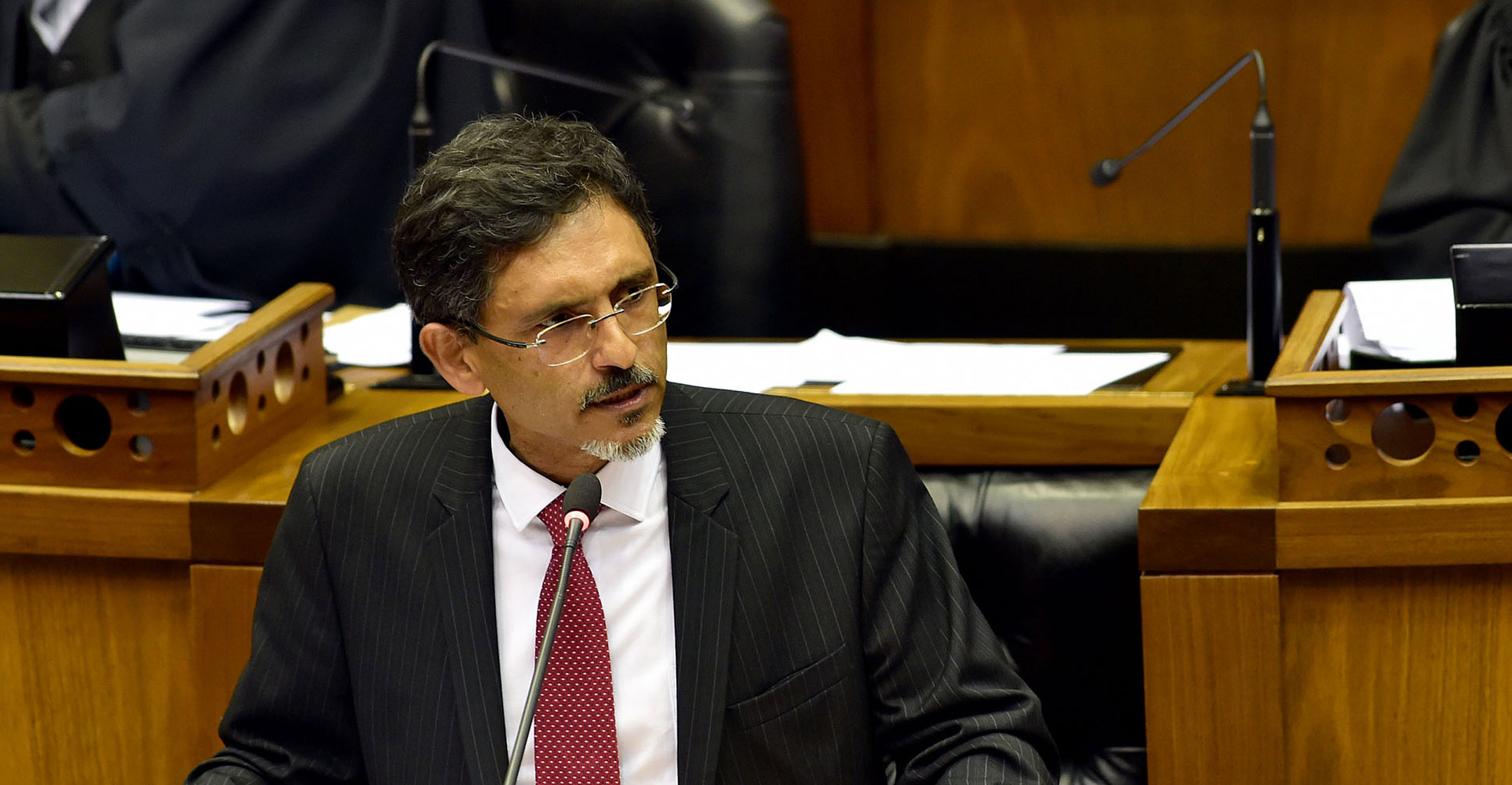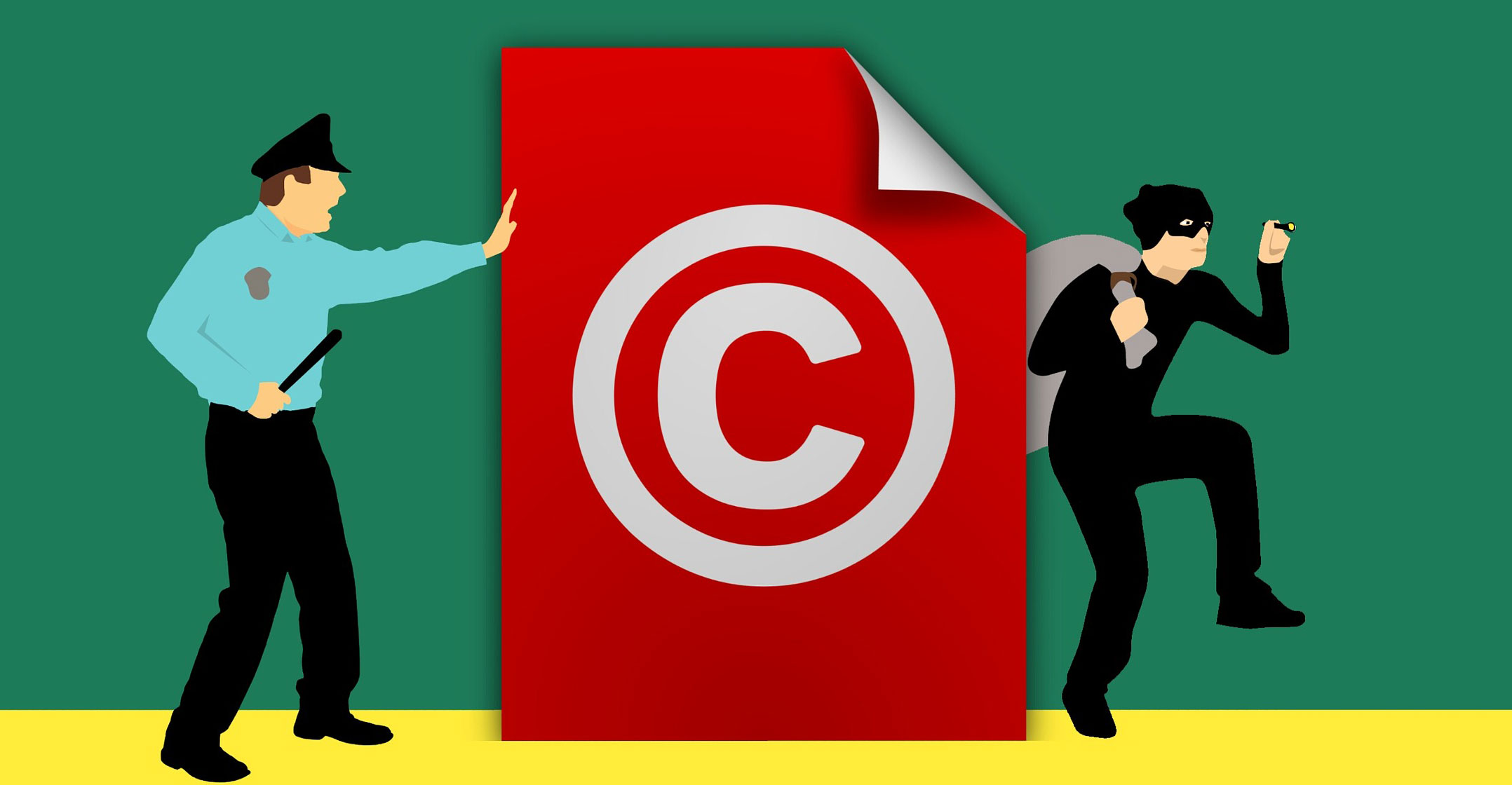
Trade, industry & competition minister Ebrahim Patel has briefed parliament on matters related to the Copyright Amendment Bill and Performers’ Protection Amendment Bill.
This as parliament on Tuesday began the process of considering certain constitutional concerns relating to the two bills, which were previously passed by the national assembly and national council of provinces.
The bills seek to amend the Copyright Act of 1978 and the Performers’ Protection Act of 1967.
Patel set out the key objectives of the review of copyright, the provisions of the bills and the reservations raised by President Cyril Ramaphosa on specified areas of the bills, which may not pass constitutional muster.
These include retrospective application of the sharing of royalties for musicians and other originators of creative works such as visual artistic works.
Other matters included whether the bills went through the correct parliamentary process, the delegation of certain legislative powers to the minister and whether the bills’ exceptions on the rights of copyright holders constituted arbitrary deprivation of property.
In his remarks, Patel recommended that the trade & industry committee reconsiders the “retrospectivity” provisions and that it removes the powers assigned in the bills to the minister.
The president’s reservation regarding retrospective and arbitrary deprivation of property relates to the introduction of a new section 6A in the Copyright Amendment Bill.
Profit sharing
This entitles the author of a musical or literary work, who has assigned the copyright in the work to someone else in the past, to continue sharing in the profits derived from the exploitation of the work in the form of payment of royalties.
The bill also introduces new sections 7A and 8A, which confer comparable rights on the authors of visual artistic works and on the performers of audiovisual works. It applies to all past contracts and does not distinguish based on the fairness or otherwise of past contracts.
“While the objectives of providing redress to artists who have been unfairly treated in contracts in the past is valid and legitimate, the bills have provisions that as currently worded, could be regarded as arbitrary by the courts.
“I have taken note that various legal opinions hold that the ministerial powers in the bills are sufficiently qualified as to address concerns about impermissible delegation, but as they were an attempt to cure potential constitutional breaches on the formulation of retrospectivity, they would be redundant if those clauses are changed and should therefore be removed,” Patel said.
 He said amendments could be made without losing the key thrust of the draft legislation.
He said amendments could be made without losing the key thrust of the draft legislation.
Alternative mechanisms to address the challenges of redress and to support those creators who are victims of past exploitation, may need to be considered.
“The bills seek to regulate the exercise of certain intellectual property rights. Copyright creates a monopoly for a given period and the intention of the law was to strike a balance between the various interests of the originators of certain types of works, the owners of the copyright and users of the works,” said Patel.
The minister said all countries permit some exceptions to enable the public to use copyrighted material in specific circumstances where the public interest warrants it.
“Parliament is being asked to review the processes followed and whether the public had sufficient opportunity to consider the specific language used in the new fair-use regime that the draft legislation introduces,” he said.
The committee will now deliberate on the matters raised by the president. This covers six areas including the classification of the bills (which affects the processes of involvement by the NCOP) and provisions that introduce retrospective remedies, which may be regarded as arbitrary deprivations of property.
It also covers the delegation of legislative power to the minister; the extent of public participation in the process of formulating the fair-use clause; the list of copyright exceptions; and international treaty implications.
The original legislation was developed over a 10-year period, and parts of the bills submitted by the department were amended during the parliamentary process based on public comments made at the time.
Significant measures
Patel said the bills provide for a number of significant measures relating to intellectual property rights and cover key products (which the bills refer to as “works”) that are used in society and the economy, such as, books, music, movies, photographs, sculptures and architectural designs, and their digital equivalents.
“The bills seeks to clarify the commercial rights of parties and also address a challenge relating to the potential imbalance in power between parties in the contractual relationships that arise between originators of creative works and owners of the copyright to those works, and the negative developmental outcomes that arise from this,” said Patel.
The minister’s briefing to the committee was followed by a briefing by parliament’s legal advisor, Charmaine van der Merwe, on the same matters. It is expected that the committee’s deliberations will continue next week.




